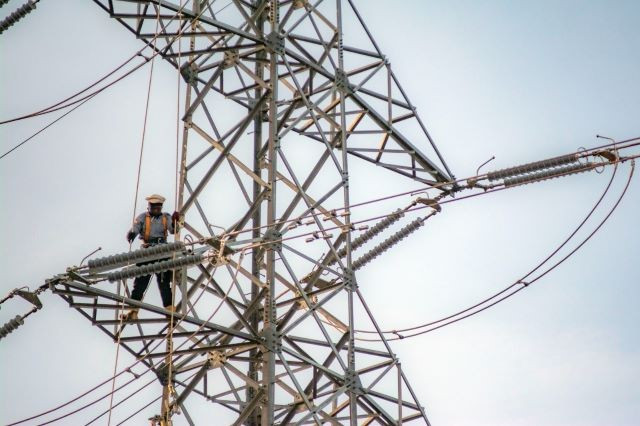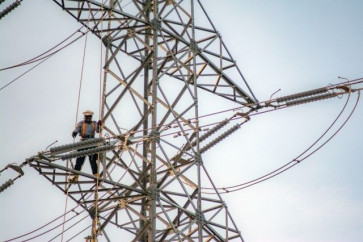Popular Reads
Top Results
Can't find what you're looking for?
View all search resultsPopular Reads
Top Results
Can't find what you're looking for?
View all search resultsAnalysis: New PLN commissioners amid change in energy SOEs’ boards
Change text size
Gift Premium Articles
to Anyone
S
tate-owned electricity giant PT PLN has four new commissioners, mostly close allies of President Prabowo Subianto. The change is much anticipated following similar changes in the boards of state-owned oil and gas giant Pertamina, where Prabowo’s allies fill key positions. Board replacement at the energy state-owned enterprises (SOEs) with politicians indicates an effort to pay back Prabowo’s allies and raises further questions about his ambitious target of energy self-sufficiency.
The four new PLN commissioners are Second Deputy State-Owned Enterprises Minister Aminuddin Ma’ruf, who was then-secretary of Prabowo-Gibran Rakabuming Raka’s national presidential campaign team (TKN), National Awakening Party (PKB) politician and former TKN deputy chairman Ali Masykur Musa, (ret) Insp. Gen. Yazid Fanani and Second Deputy Finance Minister Suahasil Nazara.1
Their appointments follow the earlier appointment of former Bank Indonesia governor and Prabowo-Gibran expert council chief Burhanuddin Abdullah as PLN chief commissioner and Democratic Party politician Andi Arief as independent commissioner.2 In addition, the government, through the SOEs Ministry, reappointed PLN CEO Darmawan Prasodjo and finance director Sinthya Roesly for another term. Darmawan, an Indonesian Democratic Party of Struggle (PDI-P) politician, followed the path of former president Joko “Jokowi” Widodo and changed allegiance to Prabowo, who is also chairman of the Gerindra Party.
The leadership of PLN and other energy giant Pertamina has always been political in nature because of the sheer size of these two companies. Every president would put their people in the companies’ leadership positions because the bulk of the government’s fuels and electricity subsidies go through the two companies.
Recently, Prabowo appointed two Gerindra politicians, Simon Aloysius Mantiri and (ret) Comr. Gen. Mochamad Iriawan as Pertamina CEO and chief commissioner respectively.34 The recent appointment of Prabowo’s allies to the leadership of PLN and Pertamina follows Prabowo’s target of achieving energy self-sufficiency, as outlined in Prabowo's Asta Cita vision.5
PLN has broader challenges ahead as it must achieve electricity security and affordability, while ensuring environmental sustainability through energy transition to achieve the net zero emissions target by 2060. The problem is that energy transition is costly as Indonesia has been relying upon coal-fired power plants (CFPP).
Energy and Mineral Resources Minister Bahlil Lahadalia has argued that Indonesia has been relying on CFPP because electricity from renewable power plants costs six times more than that from coal.6 Consequently, Indonesia has been slow in developing renewables. Only 13.1 percent of the country’s energy mix comes from renewables, far from the 23 percent target for 2025.7



















